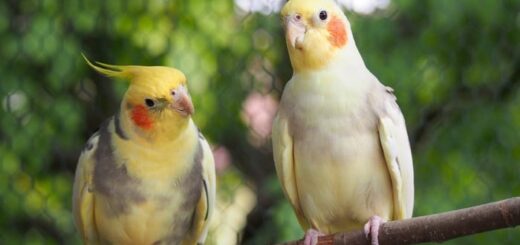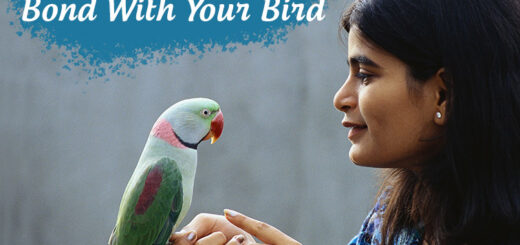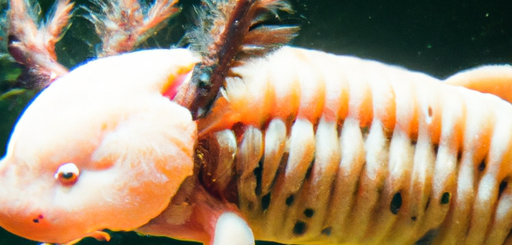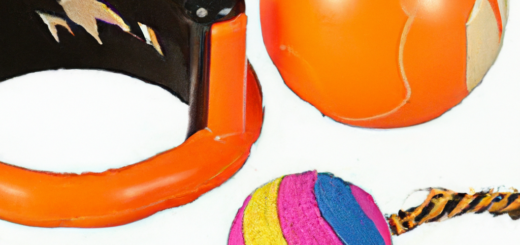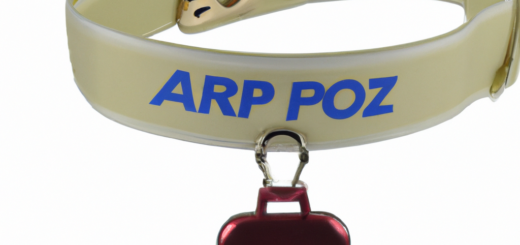Singing Sweet Melodies: Caring For Songbirds In Your Home
Imagine waking up to the soothing sounds of chirping birds right in the comfort of your own home. The joy and tranquility that songbirds bring can truly enhance your living space. In this article, we will explore the art of caring for these sweet melodies, providing you with valuable tips and insights on how to create a nurturing environment for songbirds in your home. From setting up a bird-friendly habitat to providing the right diet and care, you’ll learn everything you need to know to ensure the well-being and happiness of your feathered friends. So, let’s embark on this delightful journey together and discover the wonders of welcoming songbirds into your home.
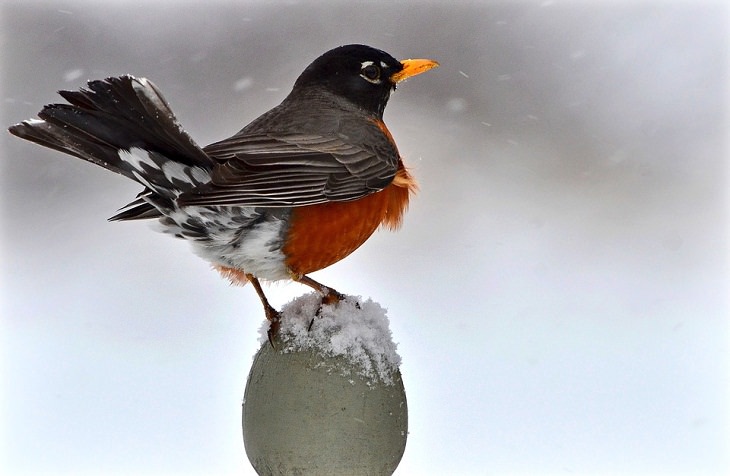
This image is property of en.bcdn.biz.
Click here to check out How To Build An Aviary!
Choosing the Right Songbird
When it comes to choosing a songbird to bring into your home, there are several factors to consider. Researching different songbird species is the first step in making an informed decision. Each species has its own unique characteristics and vocalizations, so take the time to learn about the different types of songbirds available. Consider their size, singing abilities, and overall temperament. Some songbirds may be more suited for beginners, while others may require more experience and specialized care.
Compatibility with your home is another important aspect to consider. Think about the available space and noise level in your home. Some species may require larger cages or aviaries, while others can thrive in smaller enclosures. Additionally, certain songbird species are more vocal than others, so it’s essential to take into account the potential noise they may produce. Ensure that the songbird’s needs align with your home environment to create a harmonious and comfortable living space for both you and your feathered friend.
Lastly, evaluating the care requirements of the songbird species you are interested in is crucial. Different species have varying dietary needs, exercise requirements, and socialization preferences. Make sure you are prepared to provide the necessary care and attention to meet your songbird’s needs. By considering these aspects, you can choose a songbird that will be a perfect fit for your home and lifestyle.
Creating a Suitable Habitat
After selecting the right songbird for your home, it’s essential to create a suitable habitat that mimics their natural environment. Providing a spacious cage or aviary is vital for the well-being of your songbird. The cage should allow them to move freely and stretch their wings, so opt for the largest size that your space allows. A larger cage or aviary will provide more opportunities for exercise and exploration, promoting a healthier and happier bird.
Selecting the right cage material is equally important. Stainless steel or powder-coated cages are excellent options as they are durable, easy to clean, and provide a safe and secure environment for your songbird. Avoid cages with large gaps or sharp edges that can potentially harm your pet.
In addition to a spacious and safe cage, creating a naturalistic and stimulating environment within it is beneficial for your songbird’s well-being. Add branches or perches of varying sizes to mimic their natural habitat and encourage exercise. Offer a variety of toys, such as bells, ropes, or puzzle toys, to keep your songbird mentally stimulated and entertained. Consider adding swings or ladders to provide additional opportunities for play. By providing a suitable habitat, you can ensure that your songbird feels at home and has a fulfilling and enriching life.
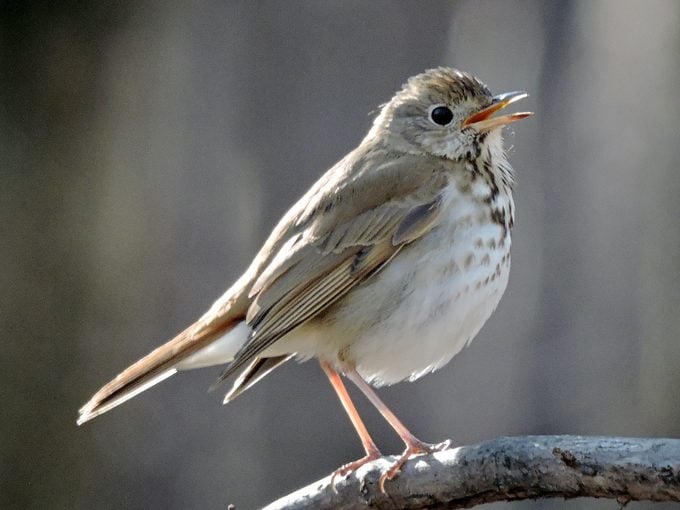
This image is property of www.birdsandblooms.com.
Click here to check out How To Build An Aviary!
Feeding and Hydration
Understanding the songbird’s diet is crucial for their overall health and well-being. Different songbird species have specific dietary requirements, so it’s essential to research and provide them with the appropriate food. A balanced diet should include a variety of seeds, pellets, fruits, and vegetables. Consult with your avian veterinarian or a reputable bird specialist to ensure you are providing the right combination of nutrients for your specific songbird species.
When selecting food for your songbird, opt for high-quality feed to ensure optimal nutrition. Look for feeds specifically formulated for songbirds that contain a mix of seeds and pellets. Avoid feeds with artificial additives, preservatives, or excessive fillers. Fresh food should also be offered daily, including a variety of fruits and vegetables that are safe for the species. Remember to remove any uneaten food to prevent spoilage and bacterial growth.
Alongside a balanced diet, fresh water is essential for your songbird’s hydration. Replace their water dish with clean, fresh water daily. Ensure that the water is easily accessible and placed away from food to avoid contamination. Water bottles or cups with built-in valves can be a good option to prevent water contamination and spillage.
While a healthy diet is crucial, it’s also important to supplement your songbird’s diet with vitamins and minerals. Consult with your avian veterinarian to determine if your songbird requires any additional supplements. They can guide you on the proper dosage and frequency of supplements to support your songbird’s overall health.
Maintaining Hygiene
Maintaining a clean and hygienic environment is essential for the health and well-being of your songbird. Regularly cleaning the cage or aviary is crucial to prevent the buildup of bacteria and dirt. Remove any uneaten food, droppings, or feather debris daily. Once a week, deep-clean the cage by using a mild avian-safe soap and warm water. Rinse thoroughly to remove any soap residue that can be harmful to your feathered friend.
In addition to cleaning the cage, don’t forget to disinfect toys, perches, and other accessories regularly. Use bird-safe disinfectants recommended by your avian veterinarian to prevent the spread of harmful bacteria or parasites. Follow the instructions carefully to ensure proper disinfection. Any damaged or worn-out toys or perches should be replaced promptly to avoid injury.
To prevent the accumulation of droppings, consider placing newspaper or cage liners at the bottom of the cage. These liners can easily be changed or replaced daily, making it easier to maintain cleanliness and hygiene. By practicing good hygiene, you can minimize the risk of infections and keep your songbird healthy and happy.
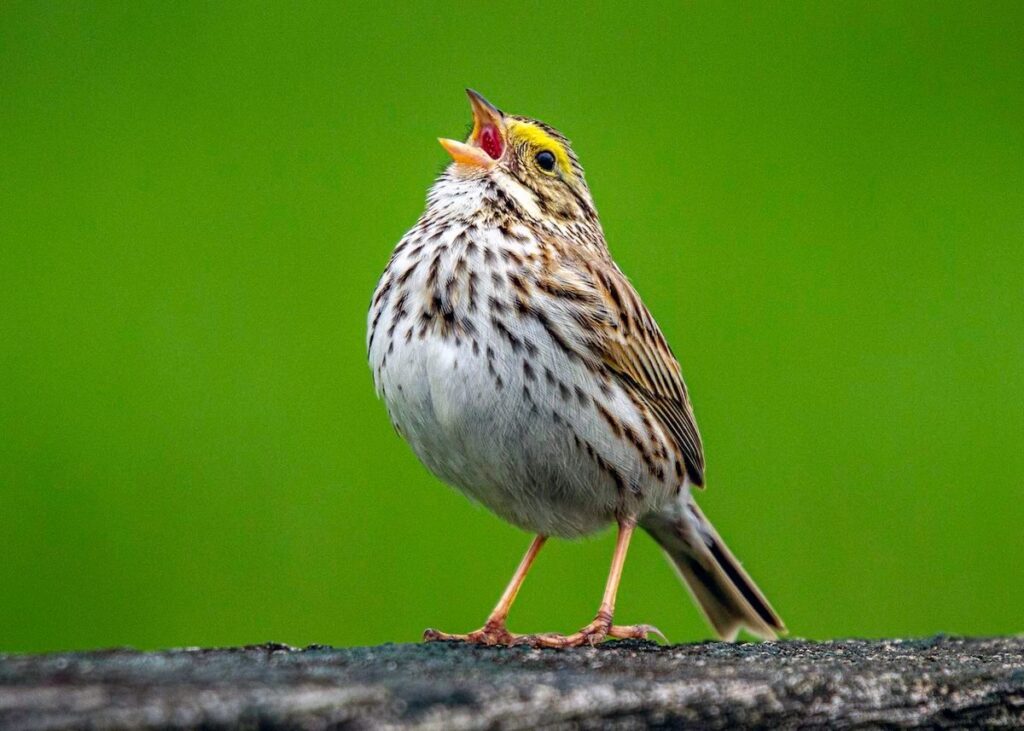
This image is property of www.birdsandblooms.com.
Promoting Physical and Mental Well-being
Just like humans, songbirds require regular exercise to maintain their physical health. Providing opportunities for exercise is crucial for promoting overall well-being. Allow your songbird to have supervised time outside of its cage or aviary in a safe and controlled environment. Create a bird-proof room or use bird-proof netting to prevent accidents or escape. Supervise your songbird closely during its free-flying time to ensure its safety.
In addition to physical exercise, providing opportunities for natural behaviors is important. Place natural branches or toys that encourage climbing, chewing, and foraging inside the cage. This will help to stimulate your songbird mentally and prevent boredom. Offering puzzle toys that dispense treats or hiding food within the cage can engage your songbird’s natural instincts, providing mental stimulation and a challenge.
Engaging in mental stimulation and enrichment is equally important in nurturing your songbird’s well-being. Spend time interacting with your songbird through gentle training and socialization. Teach them simple tricks or commands using positive reinforcement techniques. Regular interaction and socialization will help build a strong bond and trust between you and your songbird.
Ensuring Proper Lighting and Temperature
Proper lighting and temperature are essential for the health and well-being of your songbird. Adequate lighting is crucial as it helps regulate their biological rhythms and supports overall health. Place the cage or aviary in an area that receives natural sunlight. However, ensure that your songbird has access to areas of shade within the enclosure to avoid direct sunlight exposure, which can lead to overheating.
Using full-spectrum lighting can be beneficial in providing the necessary UVB rays that aid in the production of vitamin D3. Consult with your avian veterinarian to determine the ideal lighting setup for your specific songbird species.
Maintaining an optimal temperature range is equally important. Most songbirds thrive in temperatures between 65 to 75 degrees Fahrenheit, but it is necessary to research the specific temperature requirements for your particular songbird species. Avoid placing the cage in areas with drafts or near vents that can cause temperature fluctuations. Monitor the temperature regularly and provide additional heating or cooling if needed to ensure your songbird remains comfortable.
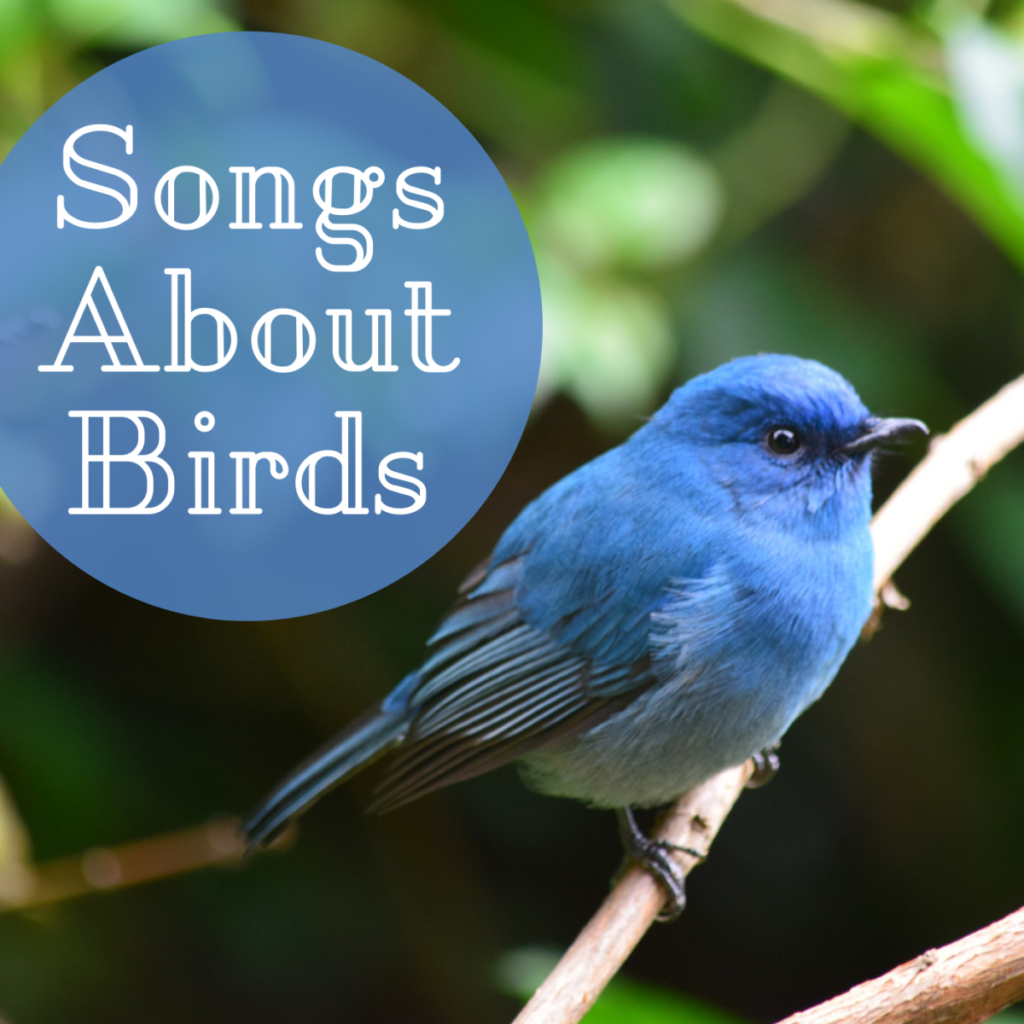
This image is property of images.saymedia-content.com.
Managing Noise and Stress
Noise and stress can have a significant impact on the well-being of songbirds. Reducing loud noises in the environment is crucial to prevent stress and anxiety in your feathered companion. Avoid placing the cage in areas with excessive noise, such as near televisions or loud appliances. Consider using sound-absorbing curtains or surfaces to minimize noise within the enclosure.
Providing quiet retreat areas within the cage is also important. Offer hiding spots or cozy nests where your songbird can retreat to when feeling overwhelmed or anxious. These hiding spots should be easily accessible and placed away from high-traffic areas within the enclosure.
Minimizing handling and unnecessary stress is vital to ensure the mental and emotional well-being of your songbird. Avoid excessive or rough handling that can cause fear or discomfort. Instead, focus on positive reinforcement techniques and gentle interactions to build trust and strengthen your bond. Respect your songbird’s boundaries and allow them to approach you on their terms.
Monitoring Health and Seeking Veterinary Care
Monitoring the physical appearance and behavior of your songbird is crucial to spot any potential health issues. Regularly observe your songbird’s posture, breathing patterns, feather condition, and droppings. Look for any signs of abnormalities, such as changes in appetite, weight loss, sneezing, or discharge. Unusual behaviors or vocalizations may also indicate a health problem. By staying vigilant and observant, you can catch any signs of illness early and seek veterinary care promptly.
Recognizing common health issues is essential for maintaining your songbird’s well-being. Some common health problems that songbirds may experience include respiratory infections, feather mites, or nutritional deficiencies. Familiarize yourself with the symptoms and treatment options for these issues. If you notice any signs of illness, contact an avian veterinarian immediately for an accurate diagnosis and appropriate treatment.
Finding an avian veterinarian who specializes in bird care is essential for your songbird’s health. Avian veterinarians have the expertise and experience to provide optimal care and treatment for birds. Research local clinics or ask for recommendations from trusted sources to find a reliable and knowledgeable avian veterinarian near you.
In addition to regular veterinary check-ups, scheduling routine check-ups for your songbird is crucial. Regular visits to the avian veterinarian will help monitor their health, address any concerns, and ensure their overall well-being. Follow the recommended vaccination and preventative care schedule as advised by your avian veterinarian to keep your songbird healthy and happy.
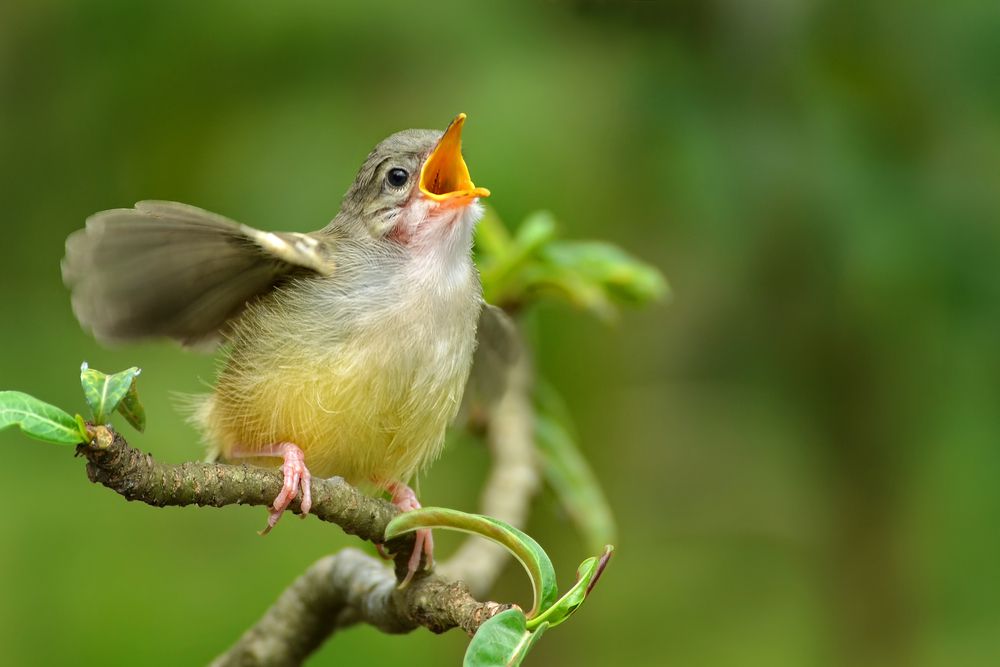
This image is property of www.treehugger.com.
Addressing Behavioral Concerns
Understanding your songbird’s natural behaviors is vital in addressing any behavioral concerns that may arise. Every songbird species has its unique set of behaviors, and it’s important to be knowledgeable about them. Spend time learning about the natural instincts, territory issues, and vocalization patterns of your specific songbird species.
Dealing with aggression or territory issues requires patience and understanding. Provide enough space for each songbird in multi-bird households to minimize territorial disputes. Offer separate food dishes, perches, and toys to ensure that each songbird has its individual space and resources. If aggression persists, consider consulting with an avian behavior specialist who can provide guidance and assistance.
Resolving excessive vocalization can be challenging but not impossible. Investigate the underlying causes and address any potential triggers. Ensure that your songbird’s physical and social needs are being met. Engage in mental enrichment activities and provide plenty of exercise to stimulate their minds and bodies. Consult with an avian behaviorist or veterinarian if excessive vocalization persists or becomes a concern.
Feather plucking is a behavioral concern that requires immediate attention. Feather plucking can be triggered by stress, boredom, or health issues. Identify and address any potential causes, such as anxiety or nutritional deficiencies. Increase mental and physical stimulation and minimize stress in their environment. Consult with your avian veterinarian to rule out any underlying medical conditions that may be contributing to feather plucking.
Building a Bond through Interaction
Spending quality time with your songbird is crucial for building a strong bond and trust. Interact with your songbird daily, offering them your time and attention. Engage in gentle training sessions using positive reinforcement techniques to establish a positive association with you. Encourage them to step up onto your hand or finger, rewarding their cooperation with praise or favorite treats.
Socialization is equally important for nurturing a strong bond. Allow your songbird to interact with other family members, ensuring that interactions are positive and supervised to prevent any mishaps. Provide opportunities for perching or time outside of the cage under close supervision, allowing your songbird to explore and be part of your daily activities.
Learning to interpret your songbird’s signals and body language is essential for effective communication. Pay attention to their vocalizations, postures, and feather positions to understand their feelings and needs. With time and patience, you will develop a unique understanding of your songbird, and your bond will continue to grow stronger.
In conclusion, caring for songbirds in your home requires careful consideration and attention to detail. By researching different species, creating a suitable habitat, providing proper nutrition and hygiene, promoting physical and mental well-being, ensuring optimal lighting and temperature, managing noise and stress, monitoring health, addressing behavioral concerns, and building a strong bond through interaction, you can create a loving and nurturing environment for your songbird companion. Remember, each songbird has unique needs, so tailor your care approach accordingly to provide the best possible life for your feathered friend.



